Reverend James D. Lynch
A native of Baltimore, Rev. James D. Lynch served as a missionary for the A.M.E. Church in South Carolina and Georgia during the war, helping to establish Black schools and churches. In 1868, he brought his missionary work to Mississippi, but soon realized that political rights were also critical to Black freedmen. Lynch became one of the founders of Mississippi’s Republican Party and served as its first vice president. In 1869, he won election as Mississippi Secretary of State, the first African American to hold that office. After leaving office in 1870, Lynch helped to establish Shaw University, now Rust College, in Holly Springs.

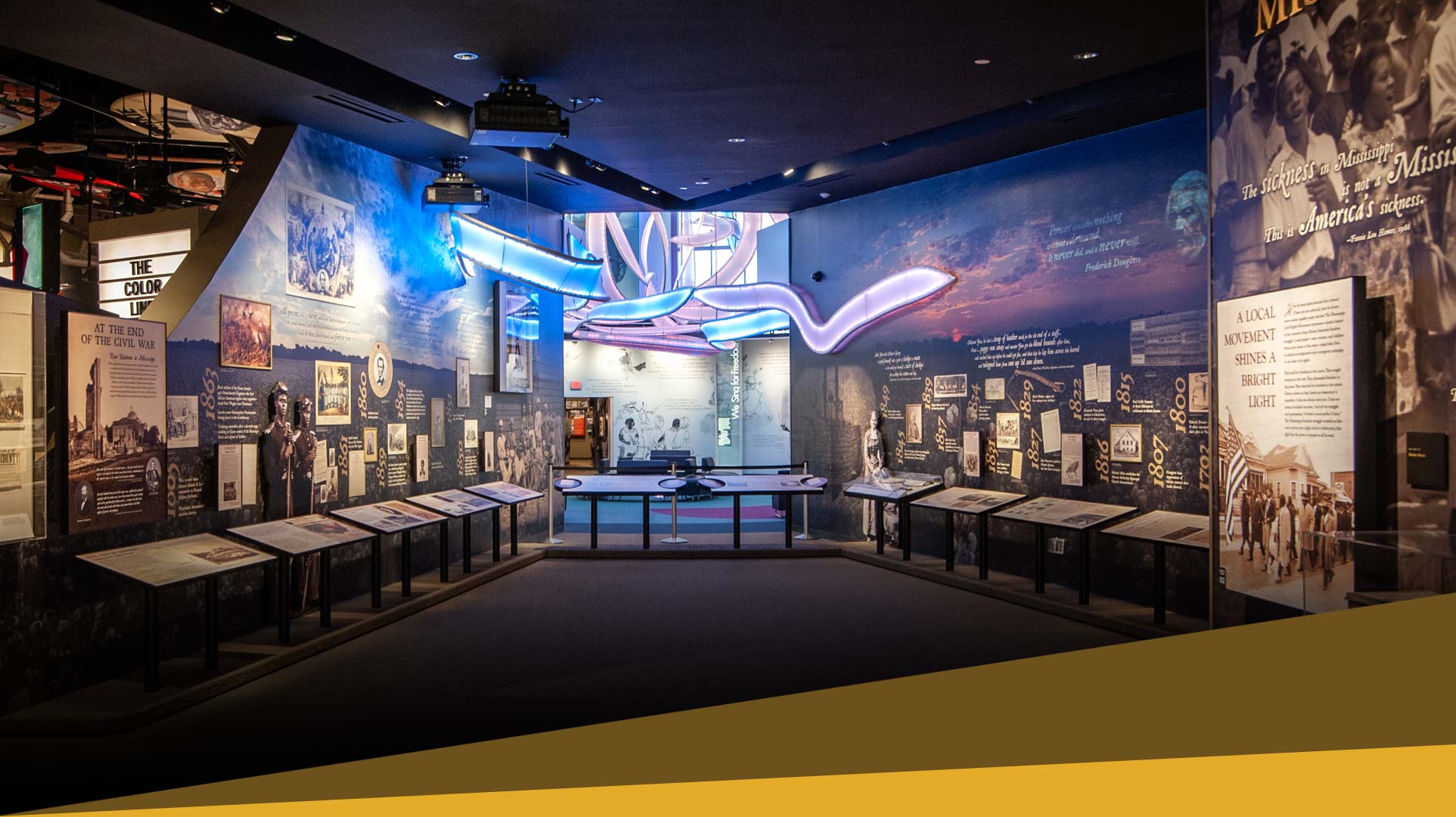
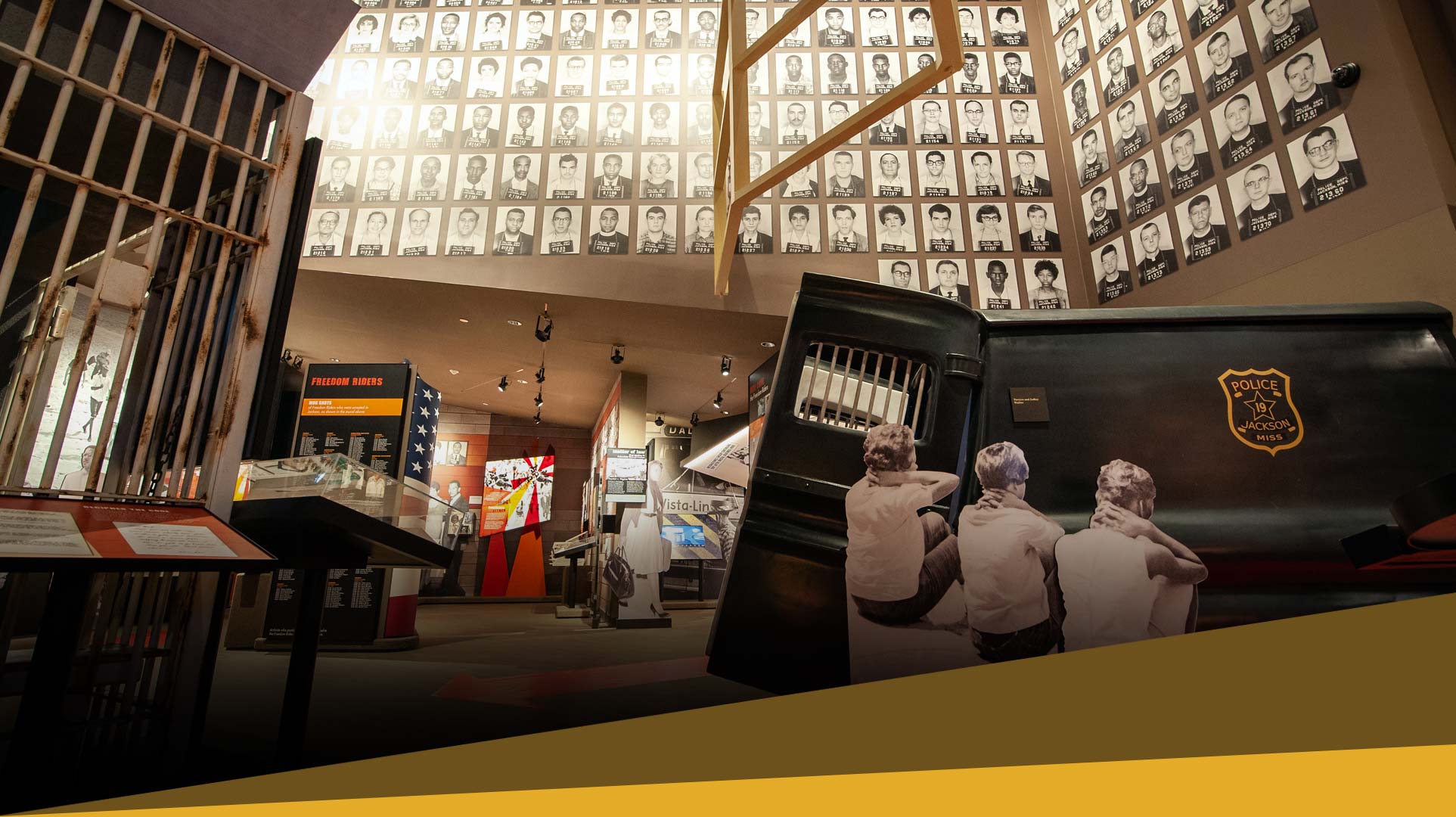


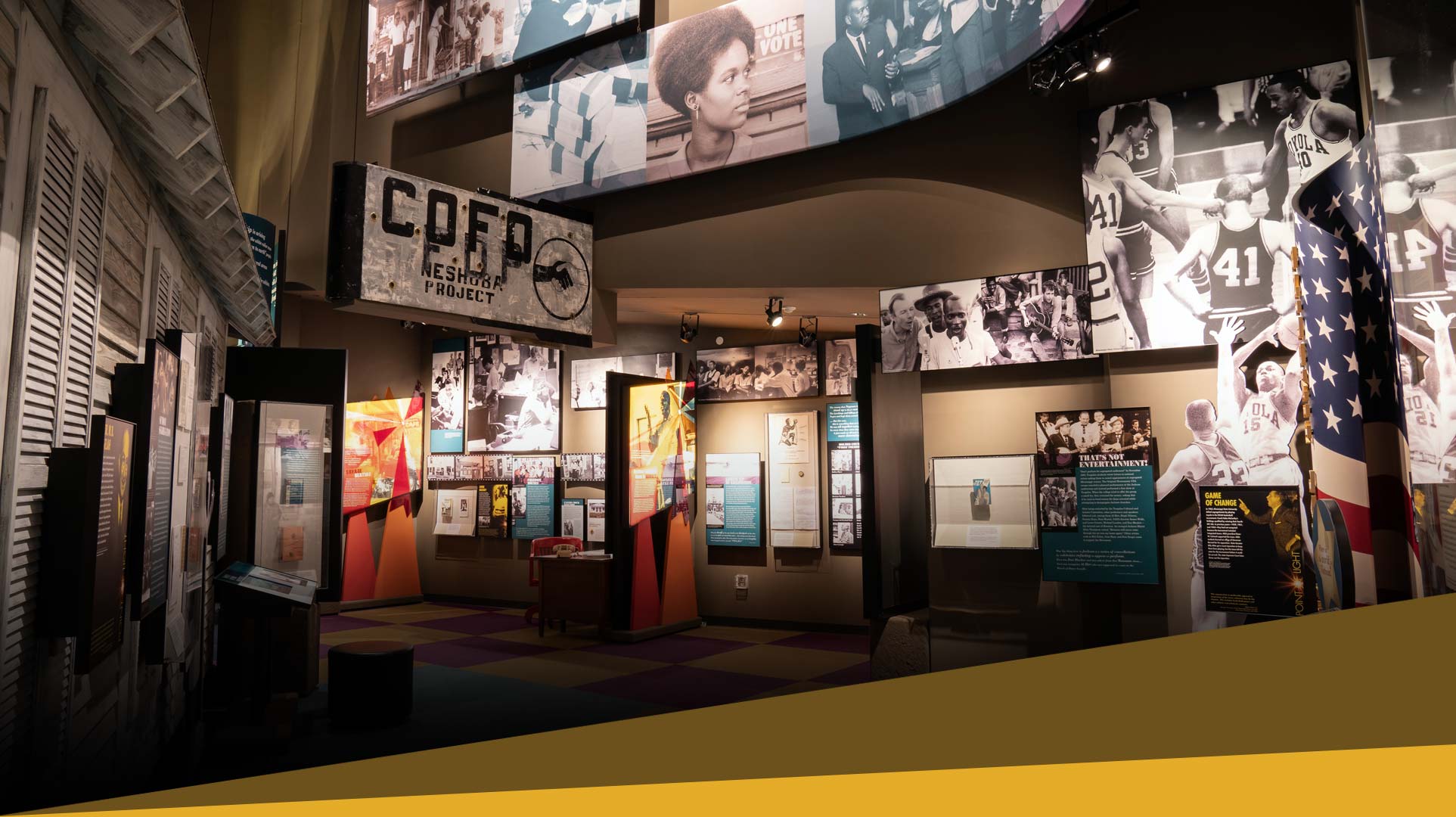

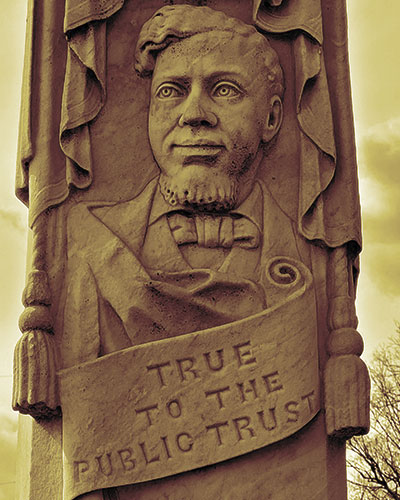
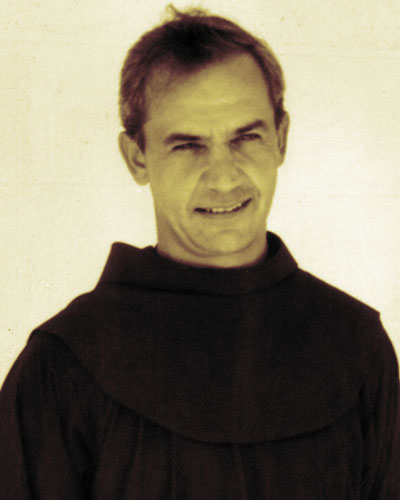
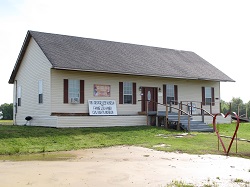 Museum dedicated to Fannie Lou Hamer and other civil rights heroes
Museum dedicated to Fannie Lou Hamer and other civil rights heroes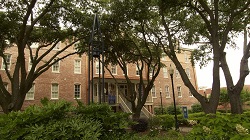 Honors its namesake’s legacy through artifacts, exhibits, and public programs
Honors its namesake’s legacy through artifacts, exhibits, and public programs